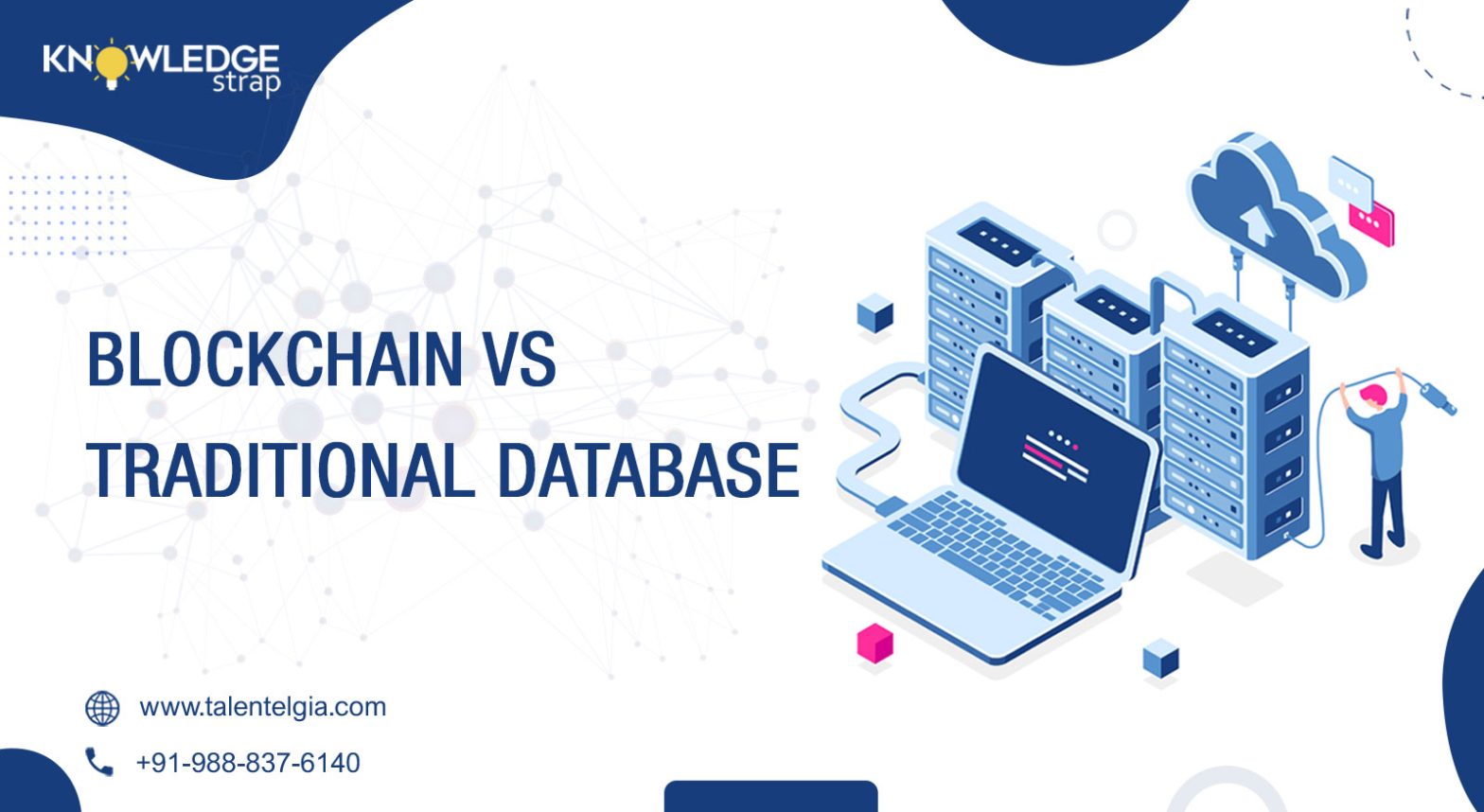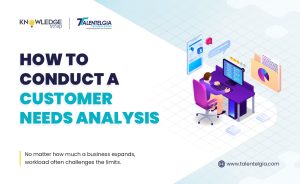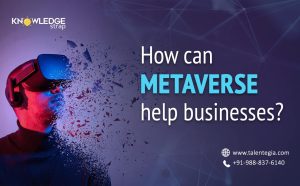The key difference is transparency & data handling. Both store data but blockchain is more secure, find more about Blockchain vs traditional Database.
Blockchain vs Traditional database – All that You Need to Know
The userbase of the blockchain database has been rapidly expanding since its launch in 2008.
But still, for many, it is synonymous with cryptocurrency. However, that is not the case. Blockchain is the technology on which it functions.
Blockchain is just a database like – MySQL, Oracle, Mongo DB and others. But is distributed to all the partners for more transparency and security, making it more efficient than others.
Here, we need to note that blockchain is a type of database. So, all blockchains are databases. But a database may be a blockchain or a simple database, so the reverse may or may not be true!
Do you want to know more about them? Then read below to familiarize yourself with their similarities and differences.
What is BlockChain?
A blockchain consists of ‘signalled blocks’ linked to each other that store data and form a chain of immutable, connected data entries. Its structure communicates the changes to all the links. So, if there is any discrepancy, it can be instantly identified and rectified.
Traditional Database
A traditional database is software that makes data manipulation easy. You can refer to it as excel sheets that store data.
However, with their continuous use, they become heavy and take up considerable space on the hardware. To cope with this problem, people started storing information on cloud-based platforms. But since data is always at risk, blockchaining technology with its transparency offers a more secure way to use data.
Blockchain Vs Traditional Databases – Differences
Both store data but vary in how they function. The main difference between the two is how they handle data, read below to know more about them.
Accessibility of data
All the databases make data accessible to the users. However, blockchaining technology is more decentralized and makes data available to all users. While in the other databases, the administrator can restrict the access to data for various users and roles as it is often centralized.
Security
Whenever a user makes a change or adds something to the blockchain, it sends a record and broadcasts it to all the nodes.
That is why it secures data as it is difficult to temper as the records are available to all the users. Any malicious activity can be instantly found and tracked.
Cost
Although blockchain is the latest technology, databases have been in the industry for years. There are many options when it comes to traditional databases. So, they cost comparatively less. Blockchain database, on the other hand, is more complex. It offers more security and transparency, making it more costly.
Speed
Traditional databases offer high performance. However, blockchain consists of several nodes, making adding data or altering slow, as it has to go through multiple checks for the changes to happen.
Blockchain Vs Traditional Database – Similarities
Storing data – This is the prerequisite for all the databases. So, both store data all types of data. However, they differ in how they handle data.
Security – In the present age of digitization, data has become the most valuable asset. Blockchain technology assures more data security as all users stay updated with all the changes. That is why it is more transparent and secure against tempering.
Consistency – Both databases assure consistency of the data. They let you access the same information on several nodes. Additionally, it also checks that there is no data redundancy or duplication.
Blockchain Vs Traditional Database – Examples
Blockchain databases
Although it is a relatively new technology but thanks to its fame, there are several options you can consider. The rapidly growing demand for blockchain developers has made it the hottest growing field. We have picked up some of the best ones for you. These include:
- Proven DB
- Chainify DB
- Cassandra
Traditional databases
Databases have been in use for ages as they make handling data easy by storing it in tables that can be linked to each to make data retrieval easy. They organize data and make operations based on it more efficient. That is why more and more organizations are turning to them. Further, there is a long list of options. The best ones include:
- Mongo DB
- MySQL
- Oracle
- Microsoft SQL Server
Concluding Words
Data has become one of the most valuable assets, making it essential to handle it efficiently. That is where a database comes into the picture.
Although every database stores and organizes data, a blockchain developer works on the latest technology to create signalled blocks that make data more secure and transparent. So, be careful while choosing the database that suits the needs of your enterprise for the smooth execution of your data operations.







